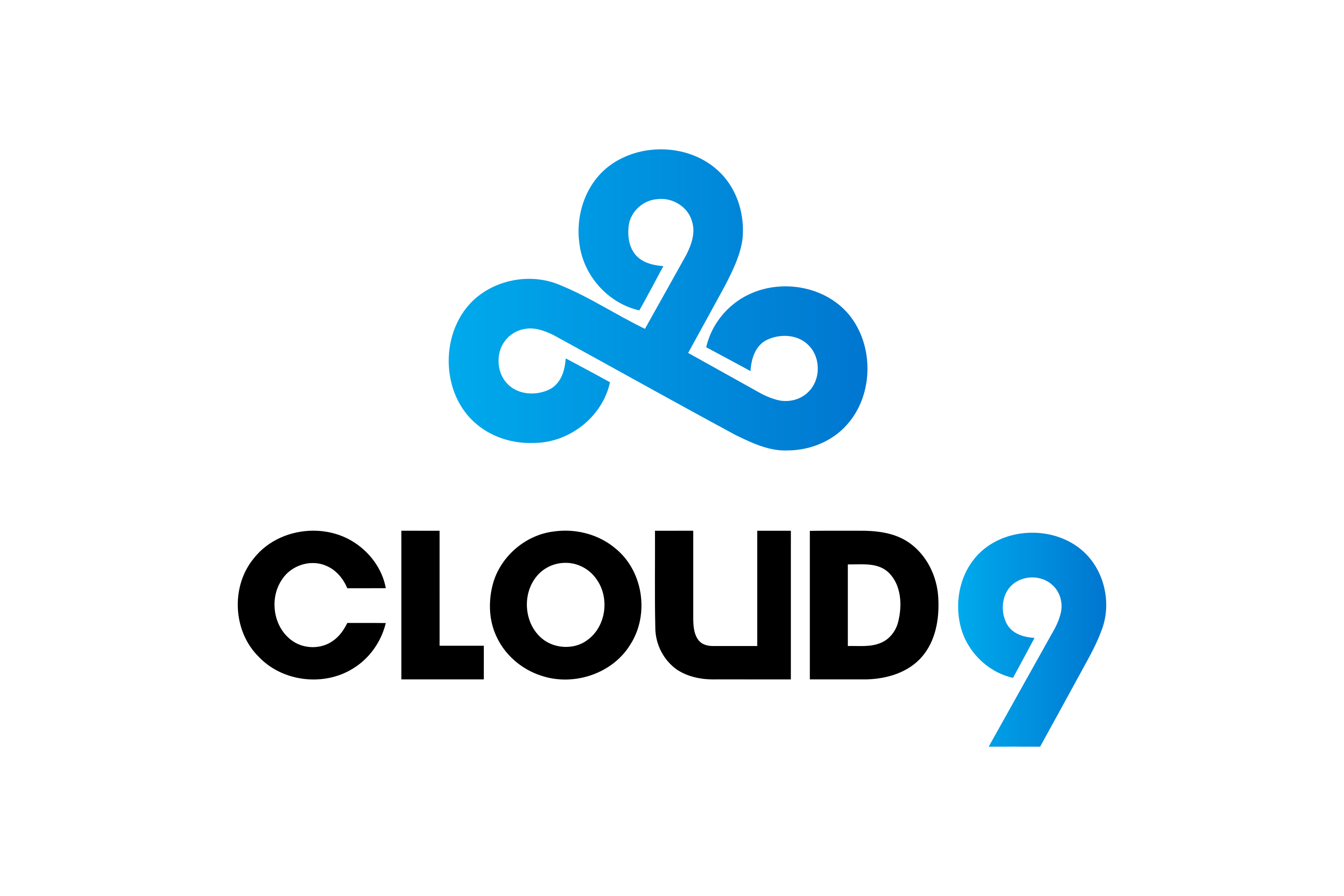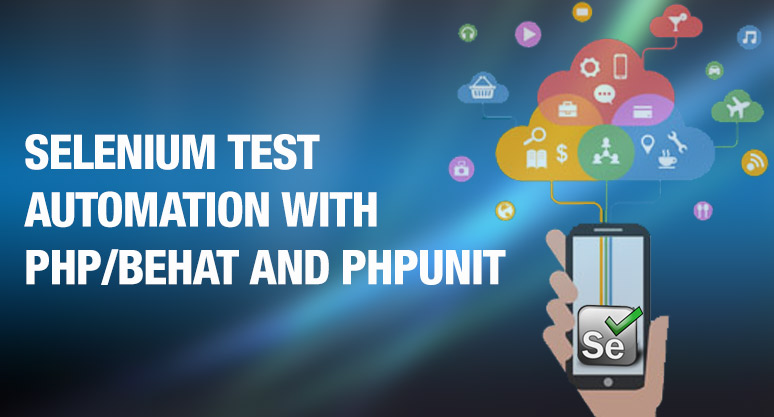Description
Introduction:
C and C++ are two of the most powerful and widely used programming languages, providing low-level access to memory and enabling fine-grained control over system resources. While C is known for its simplicity and efficiency, C++ adds object-oriented features and other advanced capabilities, making it an essential language for building complex applications, from operating systems to video games and high-performance systems. This course will help you master both languages, covering key concepts, advanced techniques, and best practices that are fundamental for becoming a proficient programmer. Whether you’re looking to optimize your code, build system-level software, or develop performance-critical applications, this course will provide you with the necessary skills and knowledge.
Prerequisites:
- Basic programming knowledge in any language
- Familiarity with fundamental programming concepts (variables, control structures, functions, etc.)
- Understanding of basic algorithms and data structures
Table of Contents:
- Introduction to C and C++
1.1 Overview of C and C++ Languages
1.2 Key Differences Between C and C++
1.3 Setting Up the Development Environment
1.4 Understanding the Compilation Process
1.5 Writing Your First C and C++ Program(Ref: C++ Programming Essentials: Building Efficient and Scalable Applications) - C Programming Basics
2.1 Variables, Constants, and Data Types
2.2 Operators and Expressions
2.3 Control Structures: If, Switch, and Loops
2.4 Functions and Scope
2.5 Arrays and Strings in C
2.6 Memory Management in C: Pointers and Dynamic Memory Allocation - Advanced C Programming
3.1 Structures and Unions
3.2 File Handling in C
3.3 Bitwise Operations and Masking
3.4 Preprocessor Directives and Macros
3.5 Error Handling and Debugging Techniques - Introduction to C++
4.1 C++ Syntax and Features
4.2 Object-Oriented Programming Concepts in C++
4.3 Classes and Objects
4.4 Constructors and Destructors
4.5 Operator Overloading in C++ - Advanced C++ Programming
5.1 Inheritance and Polymorphism
5.2 Virtual Functions and Abstract Classes
5.3 Templates: Generic Programming in C++
5.4 Exception Handling in C++
5.5 Smart Pointers and RAII (Resource Acquisition Is Initialization)
5.6 Memory Management in C++: Manual vs. Automatic - Data Structures and Algorithms in C/C++
6.1 Implementing Linked Lists and Trees
6.2 Stacks, Queues, and Heaps
6.3 Searching and Sorting Algorithms
6.4 Hash Tables and Collision Resolution
6.5 Graphs and Graph Algorithms - Performance Optimization
7.1 Analyzing and Optimizing Code Performance
7.2 Using Profiling Tools and Benchmarks
7.3 Memory Optimization Techniques
7.4 Writing Multithreaded Applications in C and C++
7.5 Caching and Efficient Use of Resources - Working with Libraries and Frameworks
8.1 Standard Template Library (STL) in C++
8.2 Working with C Libraries: stdio, stdlib, math.h
8.3 Third-Party Libraries in C and C++
8.4 Using Multithreading Libraries (pthread, OpenMP, etc.)
8.5 Introduction to Boost Libraries - Modern C++ Features and Best Practices
9.1 C++11, C++14, C++17, and C++20 Features
9.2 Lambdas and Functional Programming in C++
9.3 Move Semantics and Rvalue References
9.4 Writing Clean and Maintainable Code
9.5 Design Patterns in C++ - Real-World Applications of C & C++
10.1 Systems Programming: Writing Operating System Code
10.2 Game Development with C++
10.3 Networking and Socket Programming
10.4 Developing High-Performance Applications (e.g., databases, file systems)
10.5 Case Study: Building a Multi-Threaded Application
Conclusion:
Mastering C and C++ is essential for developers looking to work on performance-critical applications and system-level programming. By understanding both the basics and advanced concepts of these languages, you’ll be equipped to write efficient, scalable, and reliable code. This course provides the skills needed to tackle complex programming challenges, optimize performance, and implement modern techniques such as object-oriented programming, templates, and multithreading. With hands-on experience and a deep understanding of C and C++, you’ll be prepared to work on a variety of projects, from low-level systems development to high-performance applications in industries such as gaming, finance, and embedded systems.
For more inputs on C & C++ you can connect here.
Contact the L&D Specialist at Locus IT.
Locus Academy has more than a decade experience in delivering the training/staffing on C & C++ for corporates across the globe. The participants for the training/staffing on C & C++ are extremely satisfied and are able to implement the learnings in their on going projects.







Reviews
There are no reviews yet.